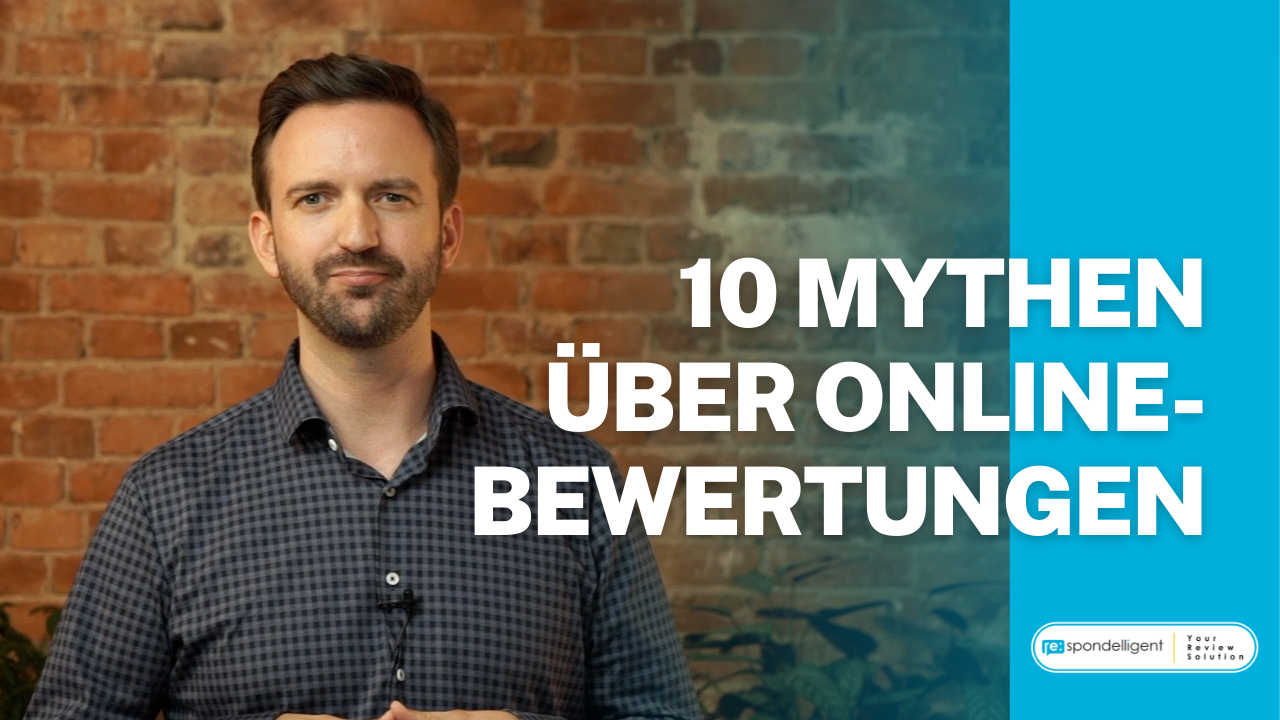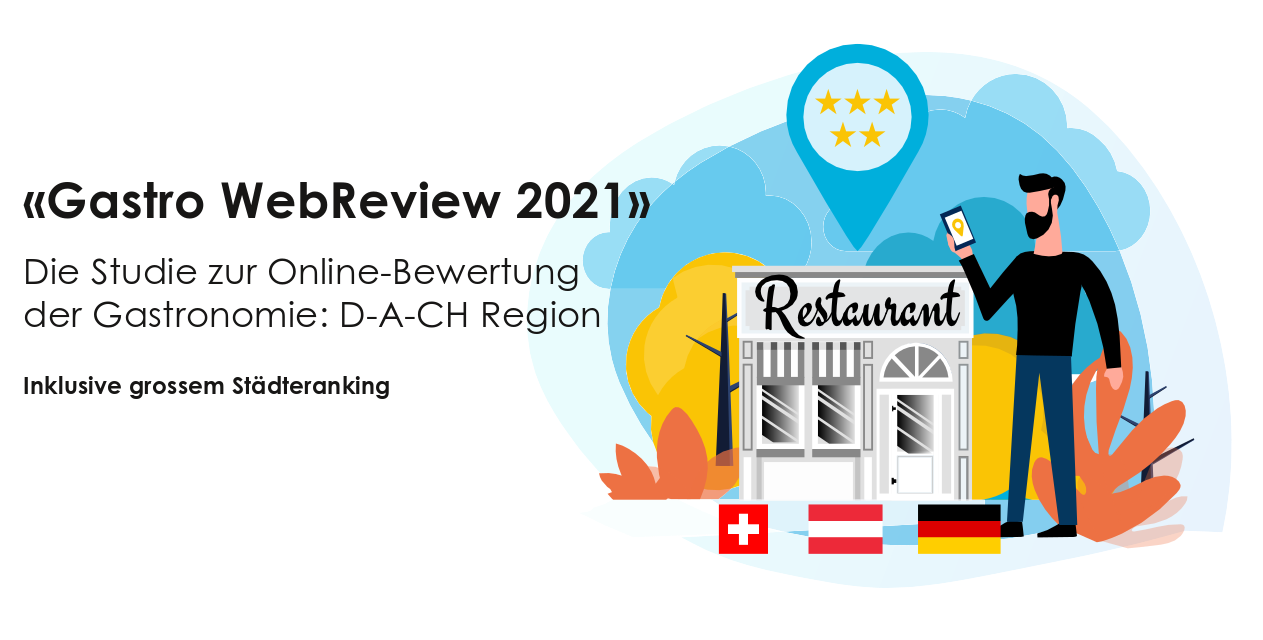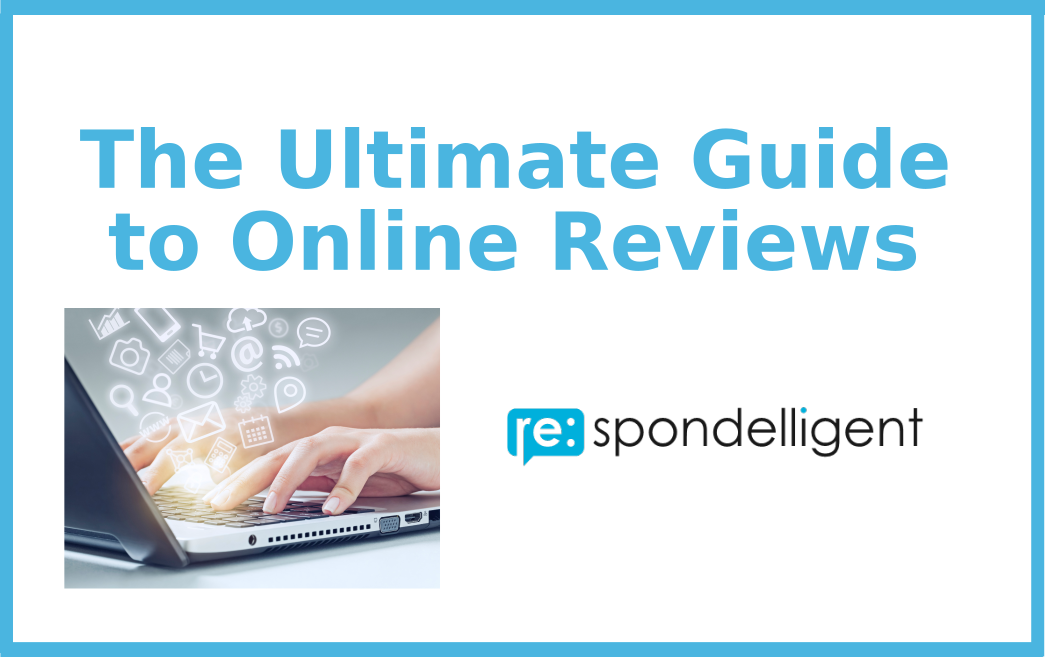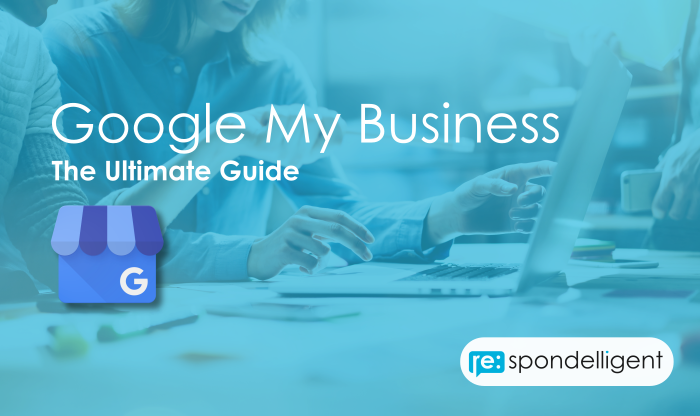Without Positioning, No Content; Without Content, No Relevance.
An introduction to the structured use of digital media for your restaurant/hotel

If you don’t know your goal, you’ll never reach it. The same applies to your target audience.
Like all decision-makers, restaurant and hotel managers have to constantly analyze their positioning and make sure that their offer matches the (desired) target group. Of course, you are happy about every guest, but you should think about the following: Why are the guests visiting my business? What is their so-called “guest mission”?
- Simply satisfy their hunger or sleep at a warm place
- Indulge themselves or celebrate a special occasion
- Discover new trends and get inspired
- Spend a good time with their family
- As a tourist/newcomer, get to know the local culture
- Socialize and meet new people
- …
- Your Location (walk-in or regular customers): Are you in the countryside, on a busy street, or on the promenade?
- Your History: Has your restaurant existed for a long time or has it just opened?
- Your Opening Hours: Do you serve warm meals throughout the day or do you offer only à la carte service in the evening?
- Your Dining and Beverages Menu: Which dishes are your main sales drivers and which dishes set you apart from the competitors?
- Your Promotions: Do you offer discounts for lunch and/or for big groups?
- Your Special Characteristics: Are you, for example, child/dog-friendly? Is there free parking available? Do you have a bar next to the restaurant?
If you have a clear answer to all the questions listed above and are aware of your “guest mission”, there is a good chance you can define your unique proposition and thus your target audience.
Test It: Make an Elevator Speech
Try to present your business to another person within 30 seconds and convince him/her to visit you. Explain what really sets you apart from the competitors and who concretely is your target group. Did you succeed? If yes, congratulations! This is the base for your communication with customers. If not, it might be worthwhile to get external help because your unique selling proposition (USP) and your target group define your offer and thus your sales/income.
“The positioning determines your offer”
Communicate where your target audience is.
Even the most elaborate homepage and the strongest social media presence may not bring any results if they are not found by your (potential) guests. Think which media – digital or analog – are used by your target audience. If you are not sure, just ask your guests or people from your network. Below, we give you a list of online platforms that can be used to communicate with your potential guests:
1. Homepage
Today, it’s a must, to have your own homepage. Even if in the future, it might be theoretically enough to have just your Google Business Profile, the homepage remains the only place where you have the full control over the content online. Besides, it’s highly relevant to your Google ranking.
You can read how you can optimize your homepage for Google here.
The content of your homepage is a very broad topic, and depending on your industry, there are certain peculiarities. Here, we list a few important points that apply to all:
- Reserve a suitable and meaningful Internet address/domain (e.g., it’s better to have restaurant-alexander.ch instead of www.alexander.ch)
2. Make sure with your provider that the homepage is SSL-encrypted (-> HTTPS)
3. Write on the homepage who you are and what you do (-> elevator speech!)
4. Have your main menu and your daily menu up-to-date and ideally in HTML format and not as a PDF
5. Your opening hours must be the same everywhere on the web
6. Share your news (e.g., events) but make sure that your latest post is not older than one month; otherwise, it’s better to delete it
7. Ideally, your homepage should have the possibility of making a booking directly online -> avoid a change of media for your guests
8. Make sure to have a Contact and Feedback function -> ideally with a link so that your guests can post reviews directly on Google & Co.
9. Whenever possible, work with photos and emotions -> it’s fun and attracts customers
10. Create new content on your homepage. Tipp: Schedule a fixed time per week to take care of it.
2. Citation Sites
In most countries, it’s a must to have a business listing on Google Business Profile and TripAdvisor. For optimizing them, read our previous articles here: Google | TripAdvisor
3. Social Media
Facebook:
Facebook is still by far the biggest social network with over 2 billion users. The chance is big that your guests already have an account on Facebook. It’s necessary so your guests/friends can see and in particular share your content (-> Earned Media). Besides, Facebook offers countless possibilities of analysis and promotion + highly relevant reviews.
We recommend Facebook to all businesses.
Instagram:
With its 800 million users, it belongs to Facebook and can be thus used for joint advertising campaigns. It’s highly relevant, especially for the younger target audience (17-35).
As its content consists mostly of photos, this channel is ideal for restaurants and hotels.
We recommend Instagram for most urban and tourist businesses.
Twitter (330 million users globally):
In many markets, this short message service is hardly used in the B2C field. However, if you have many B2B clients, it may look different.
At the moment, we don’t recommend investing resources in this channel.
SnapChat (255 million users globally):
SnapChat is relevant, especially for the very young target audience (15-25). Thanks to the new cooperation with TripAdvisor, it may be highly interesting in the future.
Currently, it has a rather low relevance in the hospitality industry.
WhatsApp:
With its 1.3 billion users, it belongs to Facebook and is well-known as a messaging service. However, we think WhatsApp with its new functions will become highly relevant for the guest communications. Wait for the moment, but stay up-to-date.
YouTube:
Being a video portal, it’s not an actual social media channel. However, today it is the second biggest search engine with over 1.5 billion users. As it belongs to Google, every search result is highly relevant.
Use it if you have video content.
As mentioned, this list is not exhaustive or complete. We have given you an overview of what you should pay attention to. Make up your mind which channel a) is relevant for your target audience and b) you can actively manage.

Content is king – only the relevant content will be read and shared
Now we know who your target audience is and on which channels you can address it online. The next question is, how? What content should you share with your (potential) guests on your digital channels?
As the first step, we recommend you defining the communication topics. Here are a couple of ideas:
A) Offer
- Stories/Photos of your dishes/drinks: e.g., the biggest cheese selection for dessert
- Fun Facts: e.g., our veggies are delivered directly from our local farmer within 10 minutes
- Tips & Tricks: e.g., every Monday you can give a tip how one can prepare an amazing Asian dish at home
- Recommendations: e.g., wine recommendation of the month
B) People (according to our experience, people want to see people!)
- Staff: e.g., photos of the first day at work or a company anniversary
- Staff at work: e.g., photos from the kitchen or the bar, how the dishes are prepared
- Suppliers: e.g., ask your fishmonger whether you can make a post of the delivery
- Guests: e.g., during events, ask your guests whether you can post a picture of them (attention: to be on the safe side, get a written consent)
- Reviews: post positive reviews from guests
C) Location
- Facts about the location: e.g., architectural details or a lake view
- What’s on in the city: e.g., photos of the city marathon or a city festival
- Business: e.g., photos of a beautiful wine cellar or a show window
After you have defined your topics, it’s worth creating a storyboard for the next 6-12 months. You should make a plan when you post what and in particular who creates the content (you, your employees, or an agency). Depending on the type of business, resources, and channel, we recommend sharing at least 1 post per week or even more often in the beginning.
Reserve enough resources (and time!) so you are successful not only at the beginning but also in the long-term. Learn what works and what doesn’t, and share your success with your team.
What’s next?
We understand there is a lot to cover between the strategic positioning of your business and operational generation of online content. It may be a big challenge, and the effort for the excellent implementation is not to be underestimated.
In this article, we have shown that you should not just “do something online”, but you should use your resources efficiently in order to win new customers. It’s the start of a bigger discussion and food for thought in order to make another step in digitalization.
In future articles, we’ll discuss these questions in more detail. We are happy to consult you on these topics by request.
Let us talk about your business. Contact us.
Wie gut ist Ihr Betrieb?
Wir berechnen einen objektiven Messwert Ihrer Online-Reputation auf Grund Ihrer Kundenbewertungen.





